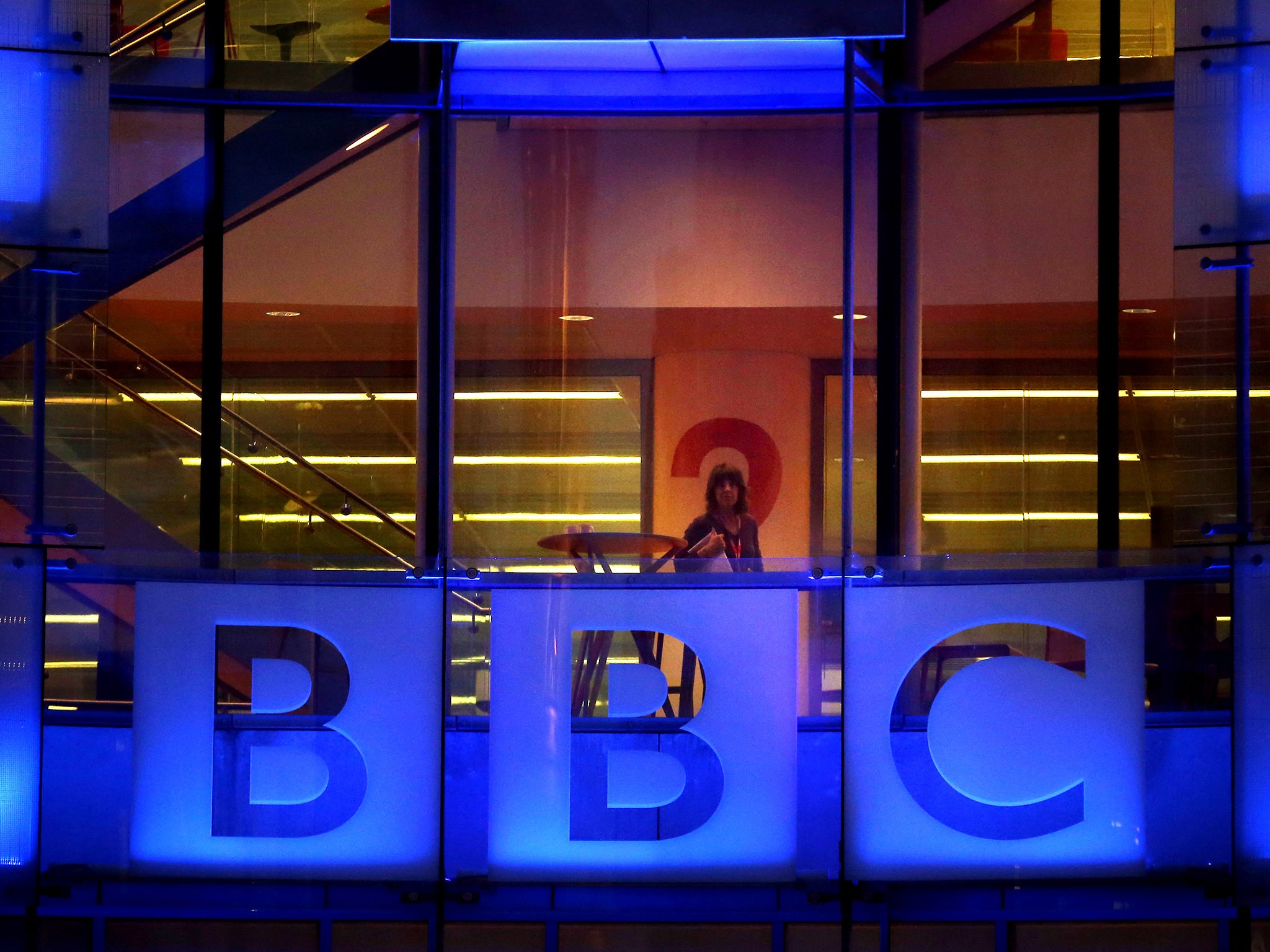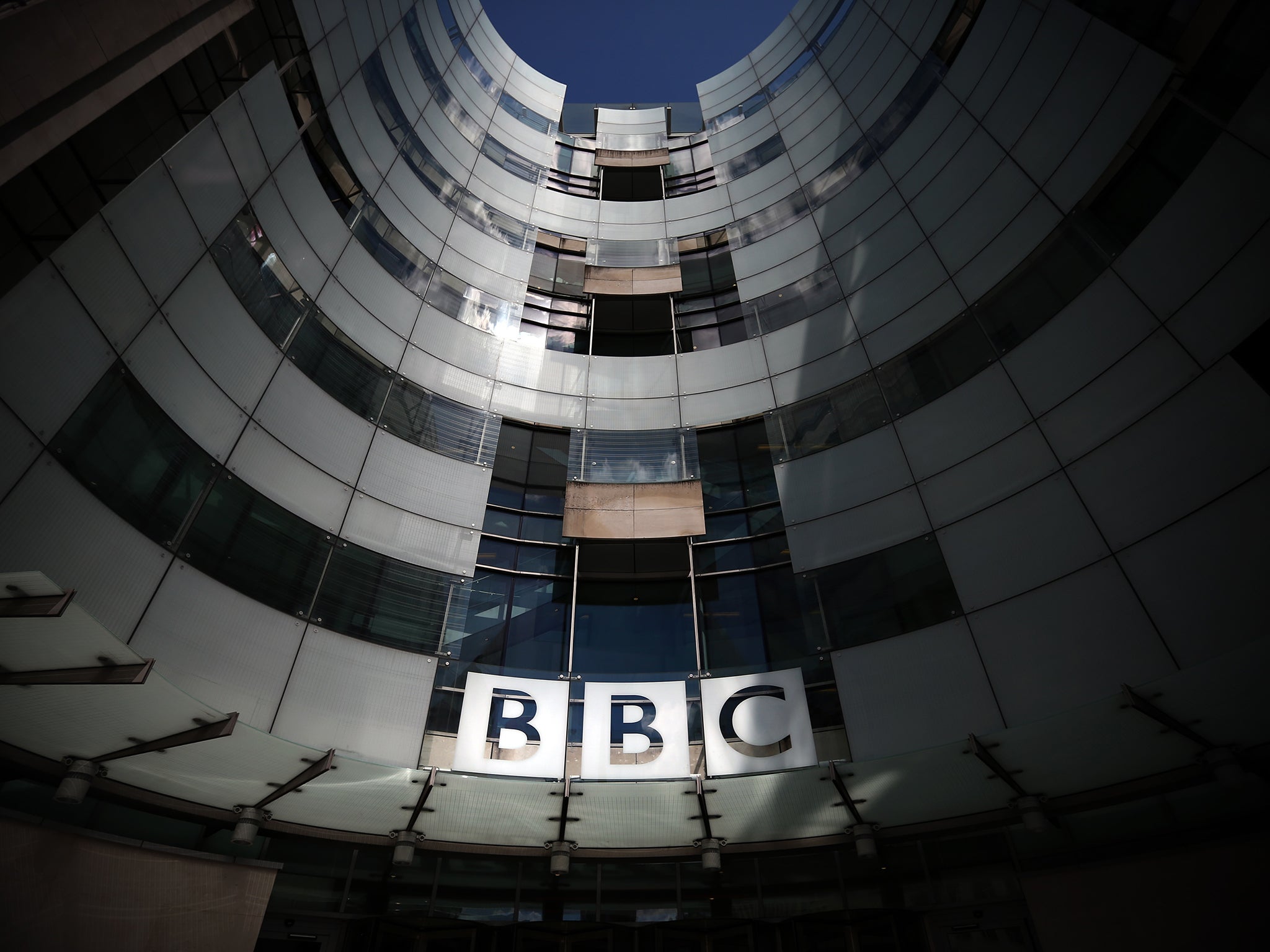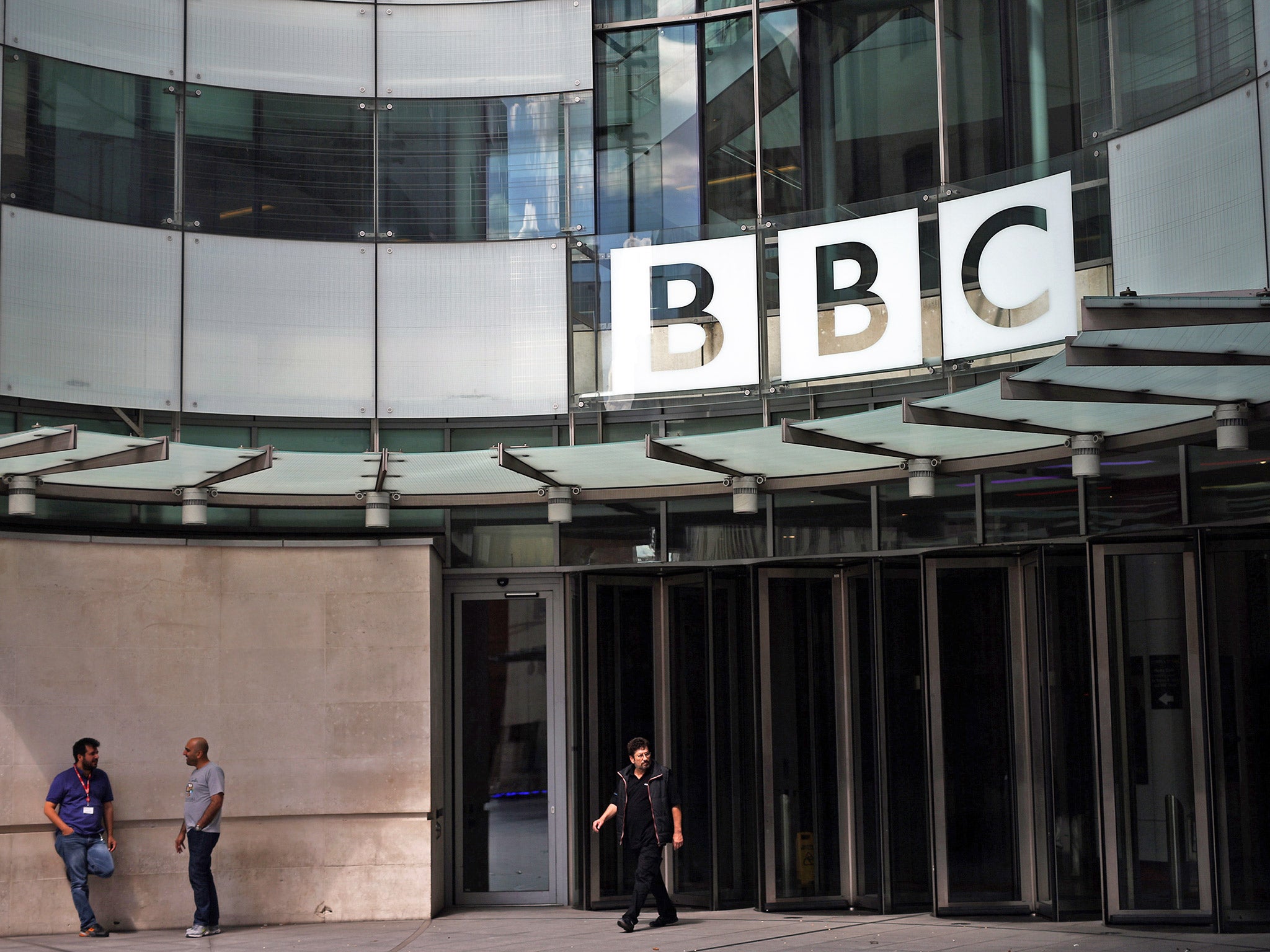The Media Column: Beards, baby boxes and Bollywood LPs – three things the BBC needs less of
We licence fee payers shouldn’t be paying for a vanity publishing platform

Your support helps us to tell the story
From reproductive rights to climate change to Big Tech, The Independent is on the ground when the story is developing. Whether it's investigating the financials of Elon Musk's pro-Trump PAC or producing our latest documentary, 'The A Word', which shines a light on the American women fighting for reproductive rights, we know how important it is to parse out the facts from the messaging.
At such a critical moment in US history, we need reporters on the ground. Your donation allows us to keep sending journalists to speak to both sides of the story.
The Independent is trusted by Americans across the entire political spectrum. And unlike many other quality news outlets, we choose not to lock Americans out of our reporting and analysis with paywalls. We believe quality journalism should be available to everyone, paid for by those who can afford it.
Your support makes all the difference.The BBC has axed the BBC2 controller’s job, ditched its rights to Formula 1 and the Open Golf tournament and ordered budget reductions in comedy and entertainment shows. Later this month, it will boot BBC3 off television and into an online-only future. It’s planning to scrap the Red Button service and is making £5m savings from the BBC News department.
And yet, amid this apparently furious bout of cost-cutting, it still finds the money to employ journalists to write great screeds on such critical questions of our time as “Is it better to run outside or on a treadmill?”, “Why do people put on differing amounts of weight?” and “How common are upside-down rainbows?”
All these have recently appeared on the BBC Magazine section of the corporation’s vast BBC Online operation, which had a £201 million budget in 2015 - of which £60.7 million goes on news, sport and weather. The treadmill article – authored by someone who glibly discloses that “I’m not that crazy about running” – was BBC Magazine’s lead item.
While the rest of the BBC tightens its belt, the organisation’s website flaunts its great girth. BBC Online is by far the biggest content site in the UK, used by half the UK population each week and generating more traffic than internet giants such as Wikipedia, Twitter and LinkedIn. The only sites with more users are Google, Facebook, YouTube, Amazon and eBay.
I’m in favour of a strong BBC. I want it to take on Amazon and Apple, Netflix and the Silicon Valley players, with whom it will hopefully compete on the global stage in the years ahead. But it needs to carry with it the licence fee payers who underwrite its ambitions.
Wasting money on producing fluffy features with no apparent news value does not help an organisation that wants to convince the country that it is being run as efficiently as is expected of a publicly funded institution in times of austerity.
I do not need the BBC to commission online features such as “The Vocabularist”, examining the origins of the word “peak”. I do not feel that I have been recompensed in the slightest for my £145.50 licence fee by being informed that, “The English use of ‘peak’ as a common noun for a mountaintop appears in the 17th Century – though it had been used before that for other sharp or pointed things.”

Similarly Anu Anand (BBC, Delhi) could have saved her piece, “The mysterious power of old Bollywood LPs”, for her blog. “I love the shape of records, the smooth, round thinness of them,” she said. “There’s the hiss and crackle as the needle meets the disc.”
I want real news from the BBC. Beards are a big thing these days and hirsute men may be curious about what grows within their whiskers – but the risks are not so serious as to be an issue for the world’s greatest news organisation (“Are beards good for your health?”, BBC Magazine 20 January). This soft feature material should be left to the lifestyle magazines and the features pages of newspapers. The BBC should devote its precious and apparently diminishing resources to making original shows and producing public service journalism that makes a difference, whether that’s protecting the budget of Panorama or retaining local radio journalists.
Magazines, like local papers, now find themselves competing with the giant BBC website. Mike Lowe, editor of Cotswold Life, said: “It’s a perfect example of exactly what the BBC should not be doing. They’re talking about cost savings to crucial BBC services like breaking news and local radio, which should be their priorities, and they’re wasting money and resources on something as useless and superficial as this, it’s daft.”
Even some senior BBC broadcast news figures are embarrassed by the BBC website’s relentless blethering. The magazine features are “hard to justify”, one told me. “The website is big and you couldn’t argue it doesn’t have an impact [on other media].”
In its defence, the BBC says: “The BBC Magazine section often complements programmes being broadcast on the BBC or provides an in-depth take on topical stories.” The BBC Magazine did produce one staggering hit – “Why Finnish babies sleep in cardboard boxes” generated 7.5 million page views last year. But it was written in 2013, belatedly going viral on social media. Such is the weirdness of the internet.

With 7,000 journalists on the BBC payroll, it’s perhaps inevitable that some of them, unable to get on air, will see the website as their route to an audience. But we licence fee payers shouldn’t be paying for a vanity publishing platform. There’s Facebook for that.
In a defining speech on the future of the BBC, delivered at the Science Museum in September, the Director-General Tony Hall set out his vision for “a more creative, a more distinctive BBC”.
I fail to see what’s distinctive or original about “The downside of being a property guardian”, which was BBC Magazine’s lead on 29 January – a feature linked to new Channel 4 sitcom, Crashing, on the modern accommodation phenomenon of living legally in empty buildings. It’s a topic that has been extensively covered during the past year in such publications as The Independent on Sunday, The Times and the Daily Telegraph.
The BBC website, which is the subject of a current review by management, is reaching out beyond the topical issues of its broadcast bulletins and rolling news channel to the features turf of The Independent’s “Section2” or The Guardian’s “G2”. At least this publicly funded competition is minimised by the poverty of the BBC’s execution.
Richard Addis, who had to abandon attempts to re-establish the venerable Newsweek in print format with a London newsroom and a European focus, takes a counter-intuitive view of the impact of BBC mission creep in written media. It is, he argues, a good thing; if the BBC is to produce lifestyle content in television and radio programming, then there is no reason why it should not write about such matters online.
“Having a competitor on all fronts like the taxpayer-funded BBC means our media has to be that much stronger than it might be in another jurisdiction,” he says. “Our journalism is famously imaginative, lively and reader-friendly because of that competition.”
The BBC’s funding model depends on it being a universal service. BBC Online’s audience appreciation score declined slightly last year, and it was urged by the BBC Trust to “attract a wider range of users”. But there are consequences to this scale of ambition. The accessibility of long BBC reads via a tablet could reduce the inclination of a habitual magazine reader to walk to the newsagent and purchase a lifestyle title. Hard-pressed commercial publishers don’t need that.
But more importantly, the BBC, as it announces major cuts to things that really matter and makes its case for a funding model that has sustained it for almost a century, could do without such an obvious daily display of futile profligacy.
Guardian must learn from its new advisers
After announcing 20 per cent cuts in anticipation of a £53m loss at publisher Guardian News & Media this year, parent company Guardian Media Group (GMG) has made two new board appointments. One is Baroness (Gail) Rebuck, chair of Penguin Random House UK; the other is the likeable Jimmy Wales, founder of Wikipedia.
More than anything right now, GMG needs sage business advice in order to avoid burning through the cash fund built up in the 2014 sale of Trader Media Group.
Mr Wales is no Mark Zuckerberg. He runs Wikipedia as a non-profit organisation and takes no salary. The Guardian published a profile on him in 2014 and sniffed that his 2011 divorce settlement had “put his assets at $943,000 (£665,000), barely enough for a small flat in central London”.
But Wikipedia has leveraged some $50m in annual donations from users. The Guardian, once a champion of free content and digital advertising, is charging £599 a year for its new “membership” scheme – and may have more plans to hold its cap out to readers.
Top-level TV losses could be rock’s gain...
The January upheaval at the top of the television industry gives the impression of a collective New Year’s resolution. The BBC has lost a raft of senior executives, including creative director Alan Yentob and BBC2 head Kim Shillinglaw, while Peter Fincham has quit as director of television at ITV.
Fincham’s departure coincided with his friend Tim Hincks stepping down as president of Endemol Shine Group, and has led to speculation that they will team up for a new venture. Fincham, who made his fortune building Talkback before joining the BBC, plays keyboard in a rock band called No Expectations. Hincks is its guitarist. Both men argue unconvincingly that they have no expectations regarding future plans.
Hincks’s ultimate boss at Endemol Shine was James Murdoch, the chief executive of 21st Century Fox, who on Friday took back his former role as chairman of Sky, prompting speculation that Fox would renew its efforts to take full control of the satellite broadcaster.
As a younger man, Murdoch was an investor in the cult hip-hop label Rawkus, so he may have had musical differences with Hincks, who is known for playing Beatles and Rolling Stones covers. Now that Murdoch is once more one of the most powerful figures in European television they will surely cross paths again. No Expectations could invite him to be its DJ?
Join our commenting forum
Join thought-provoking conversations, follow other Independent readers and see their replies
Comments